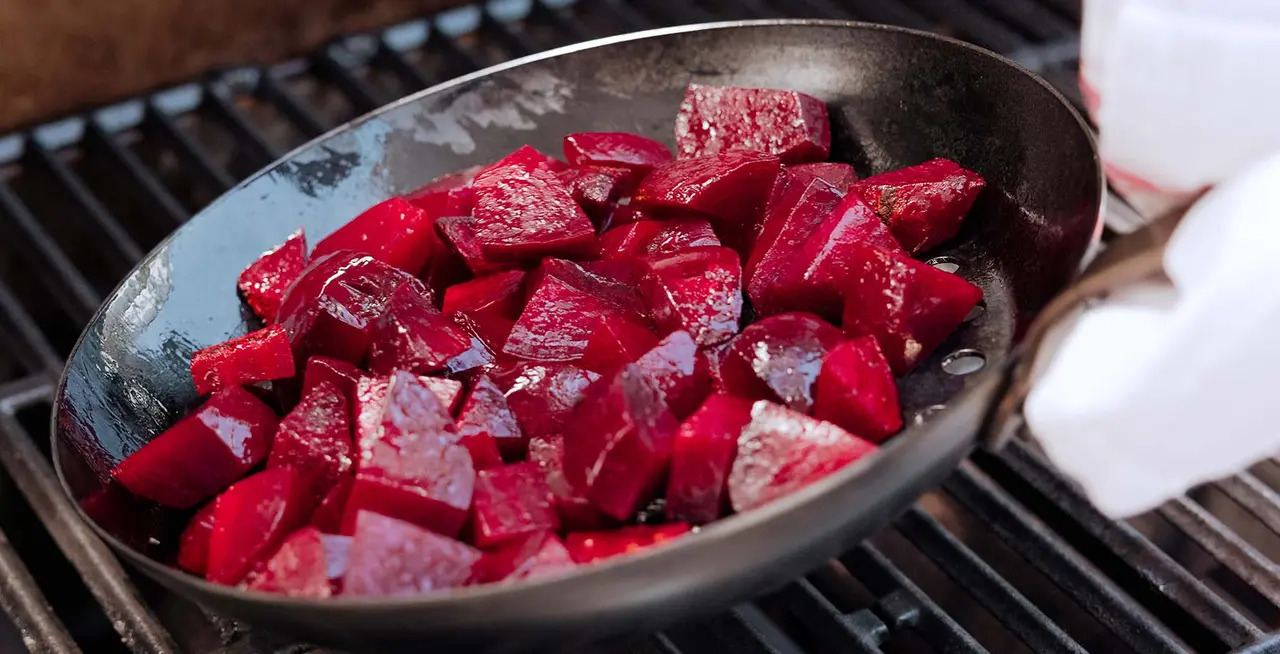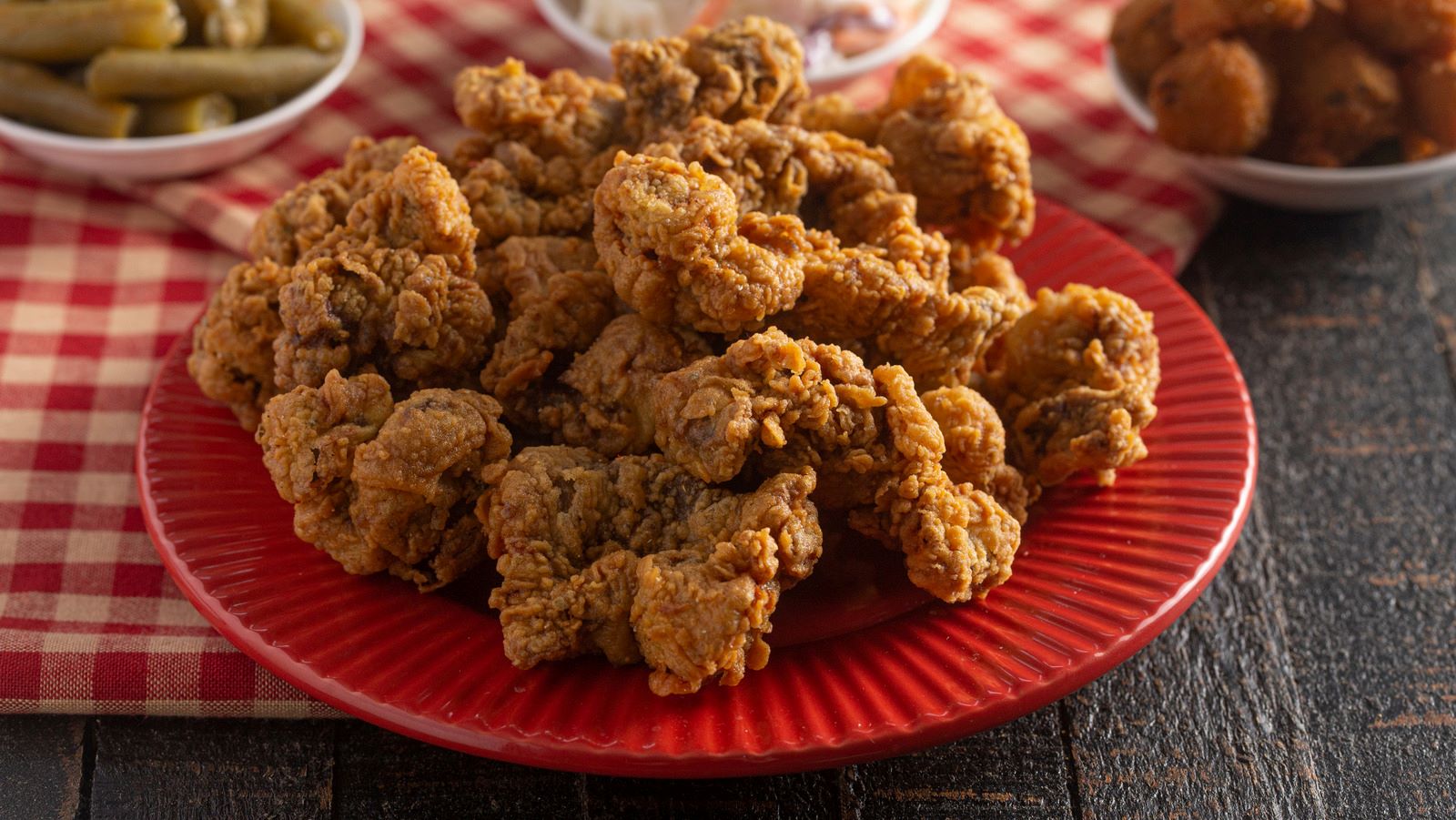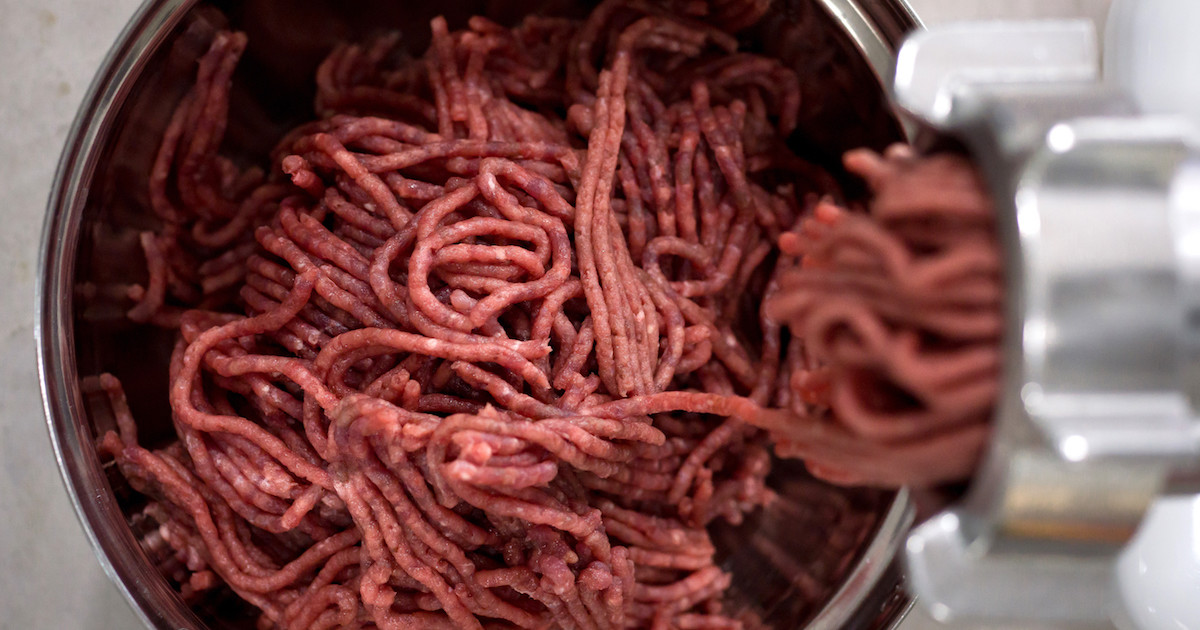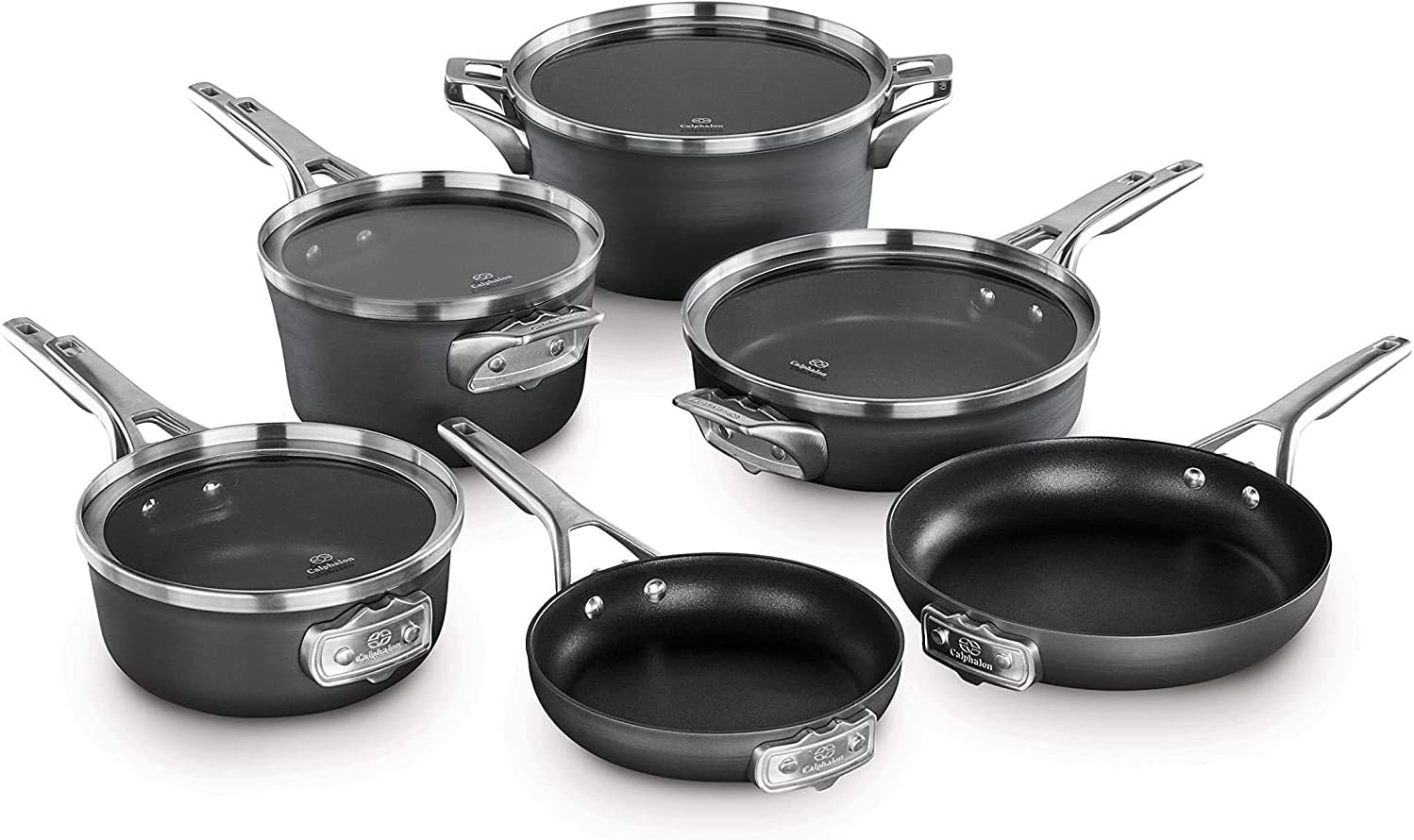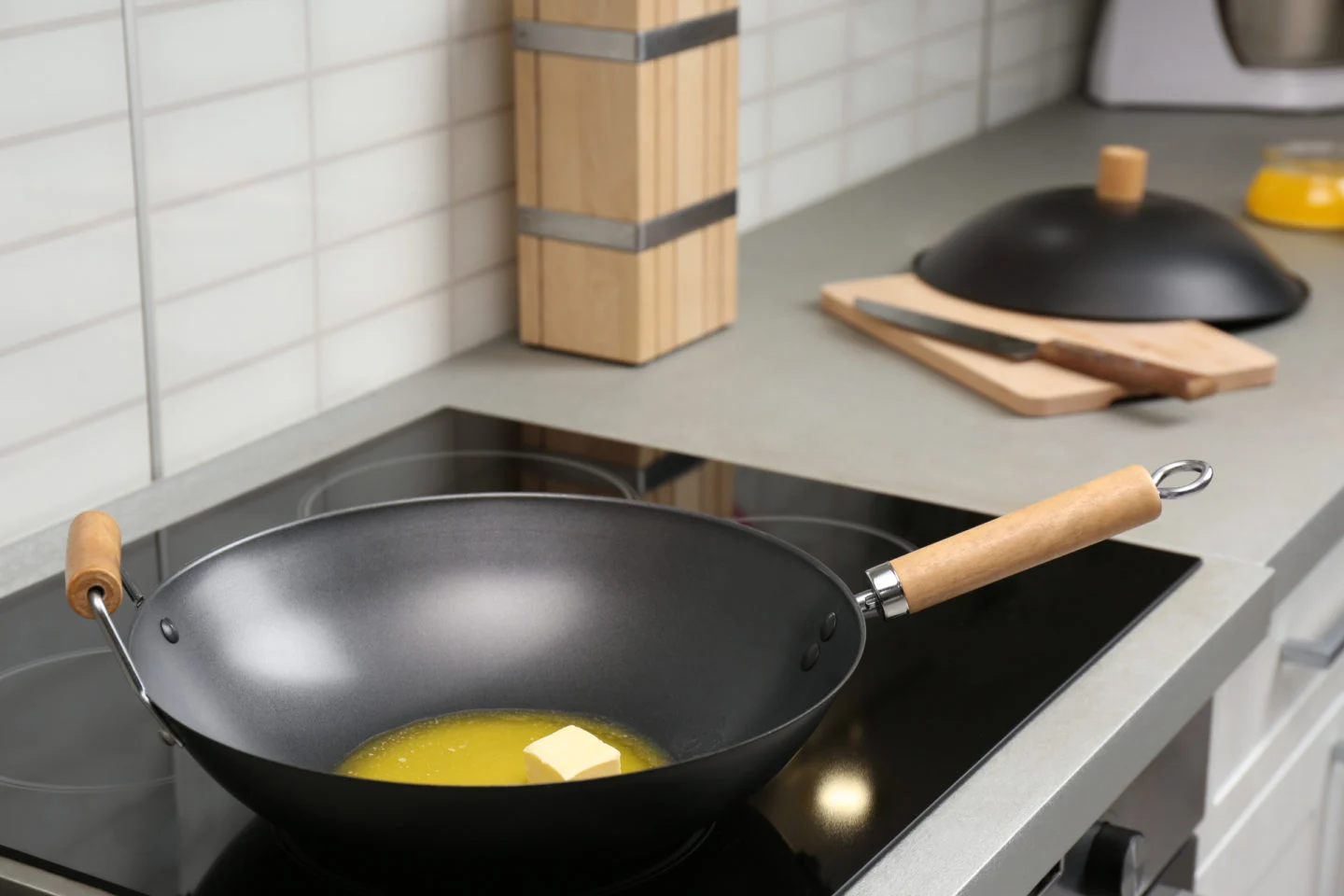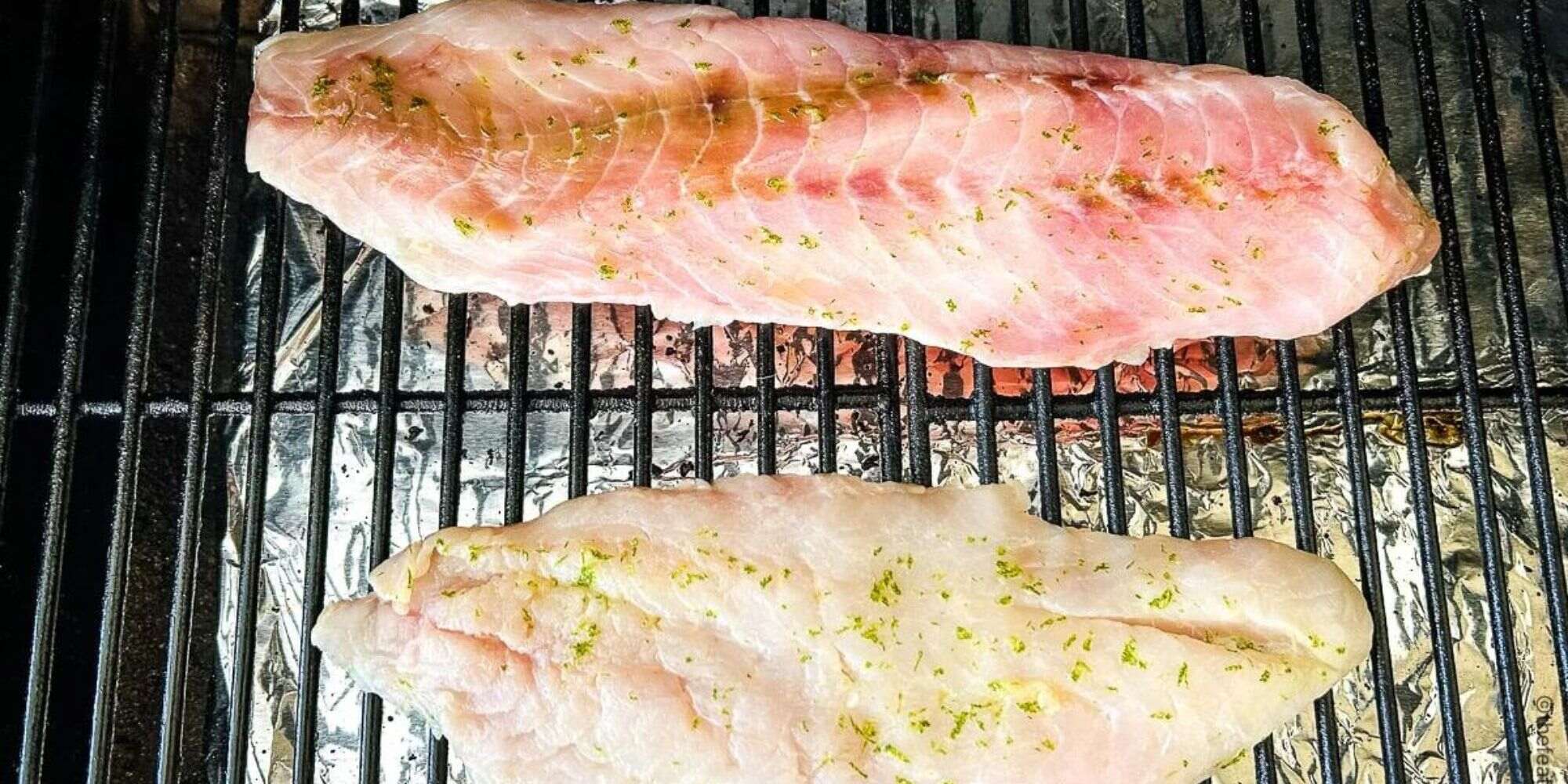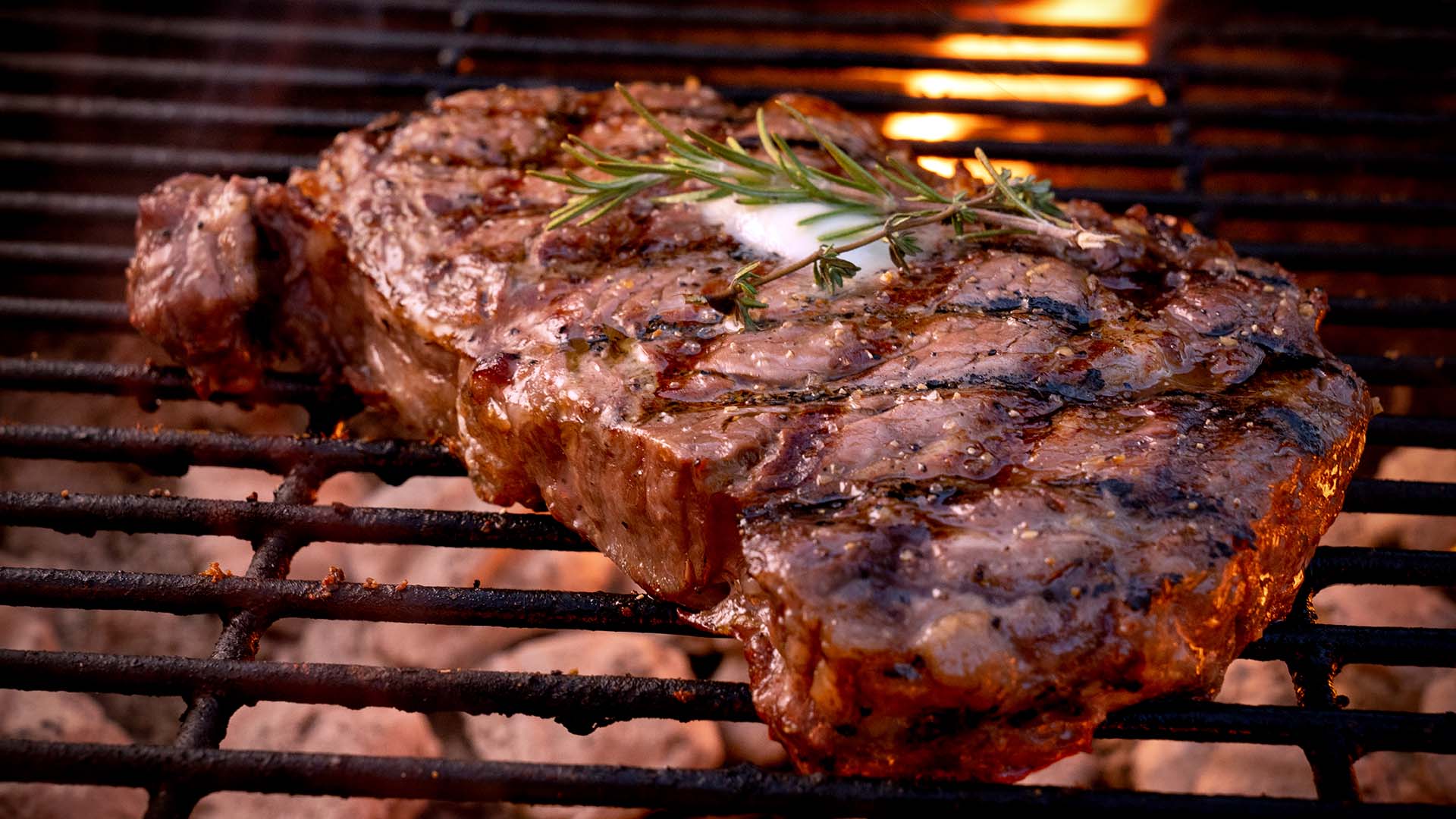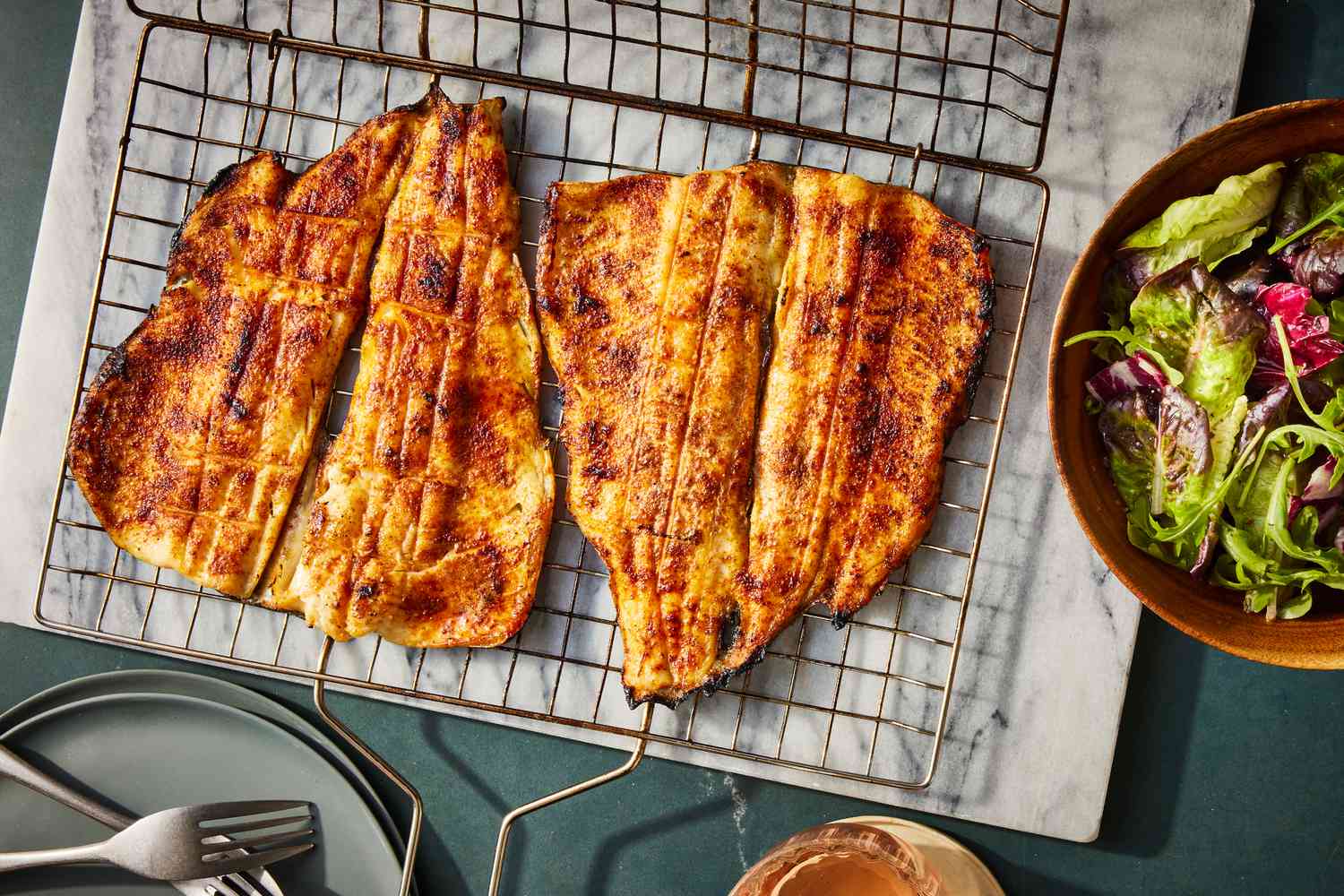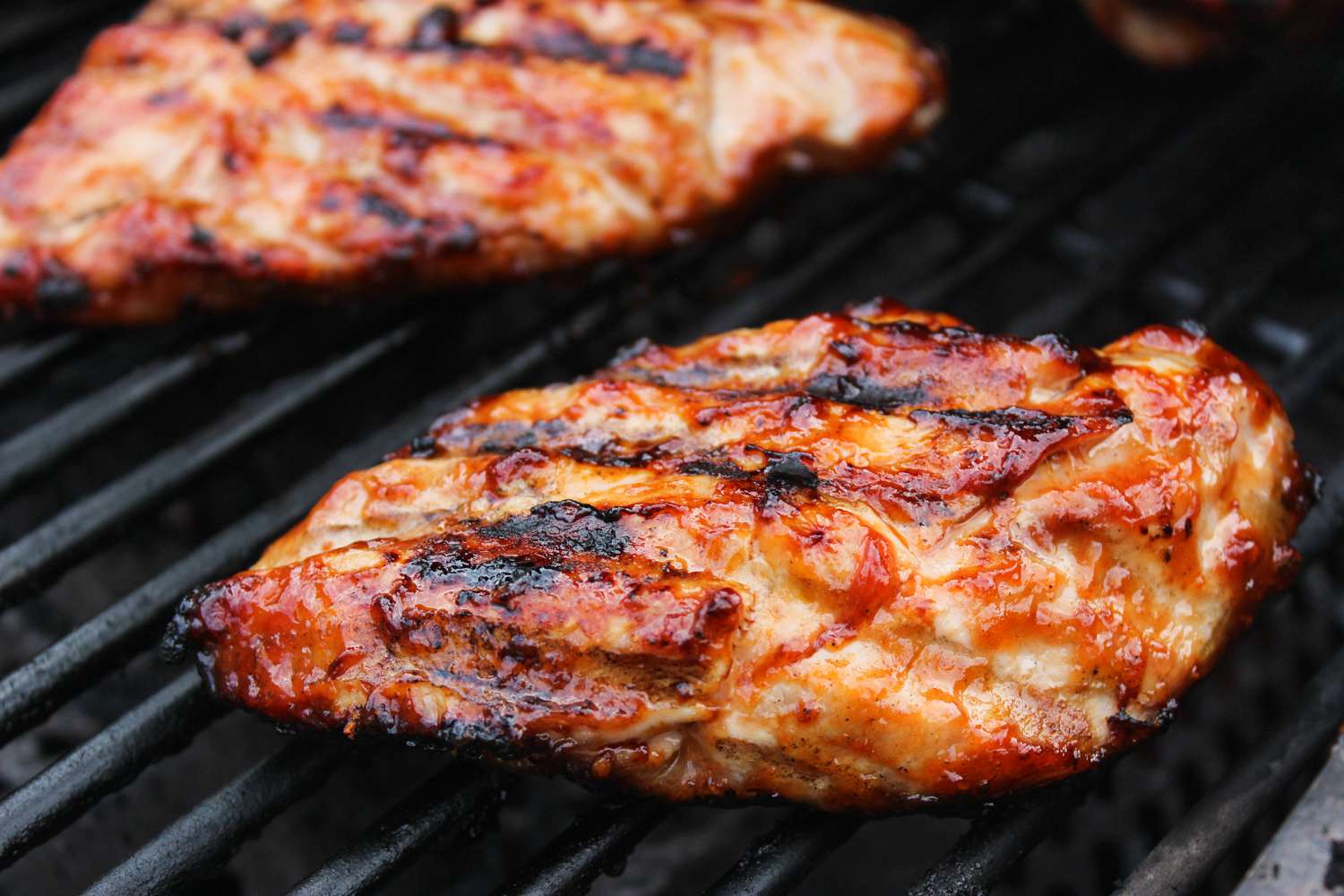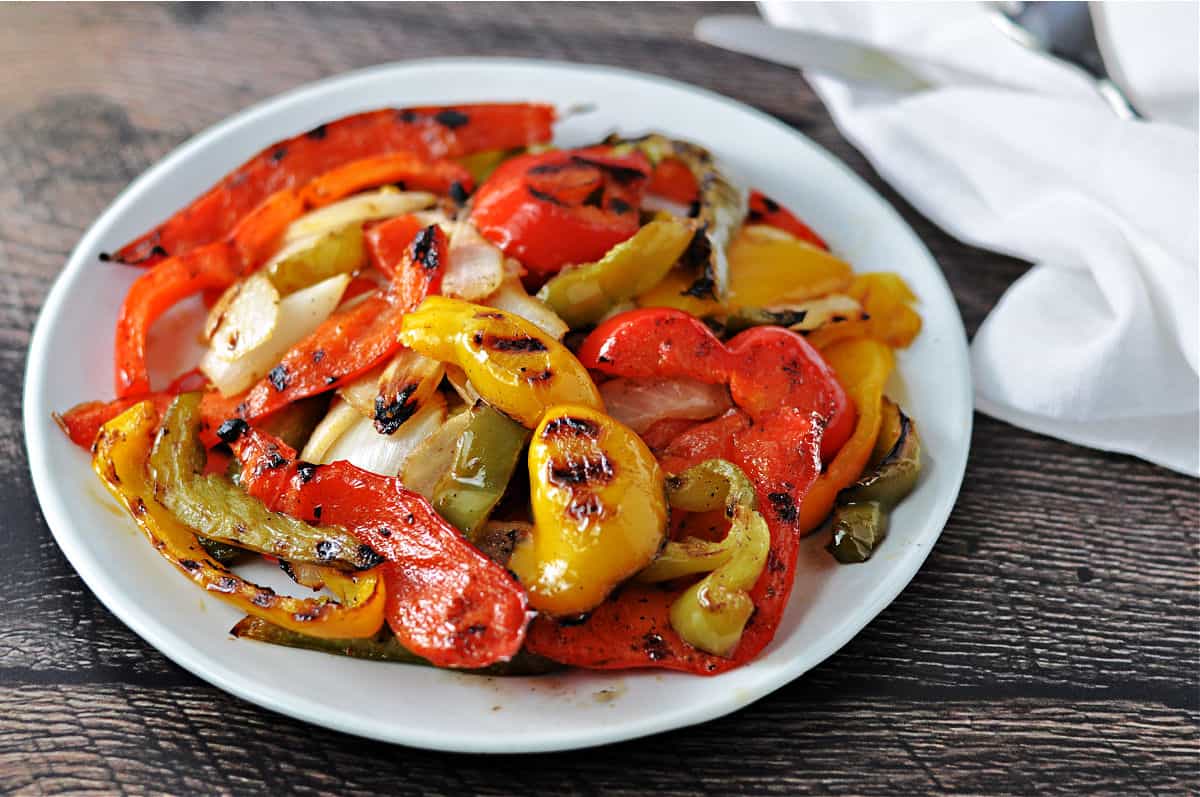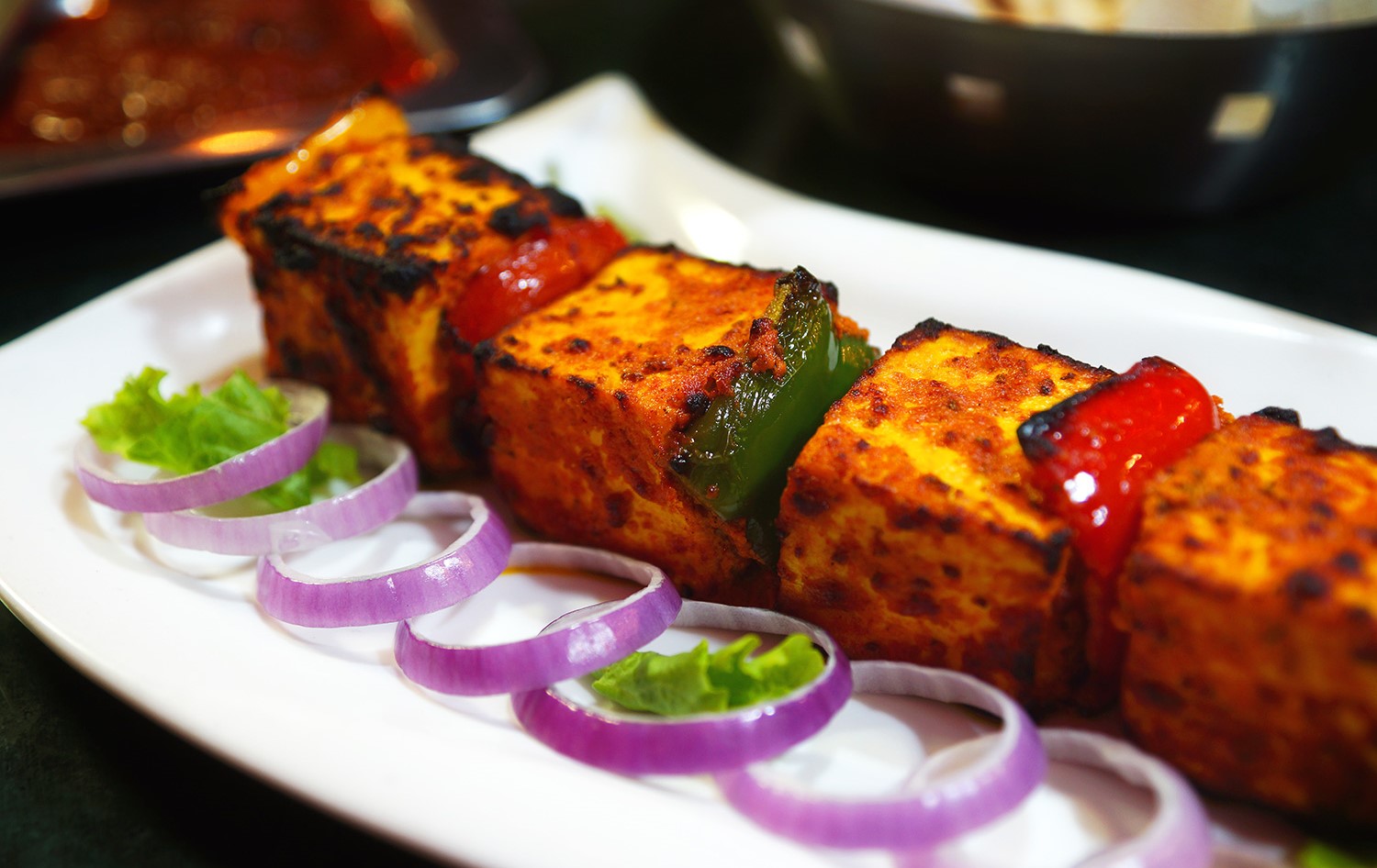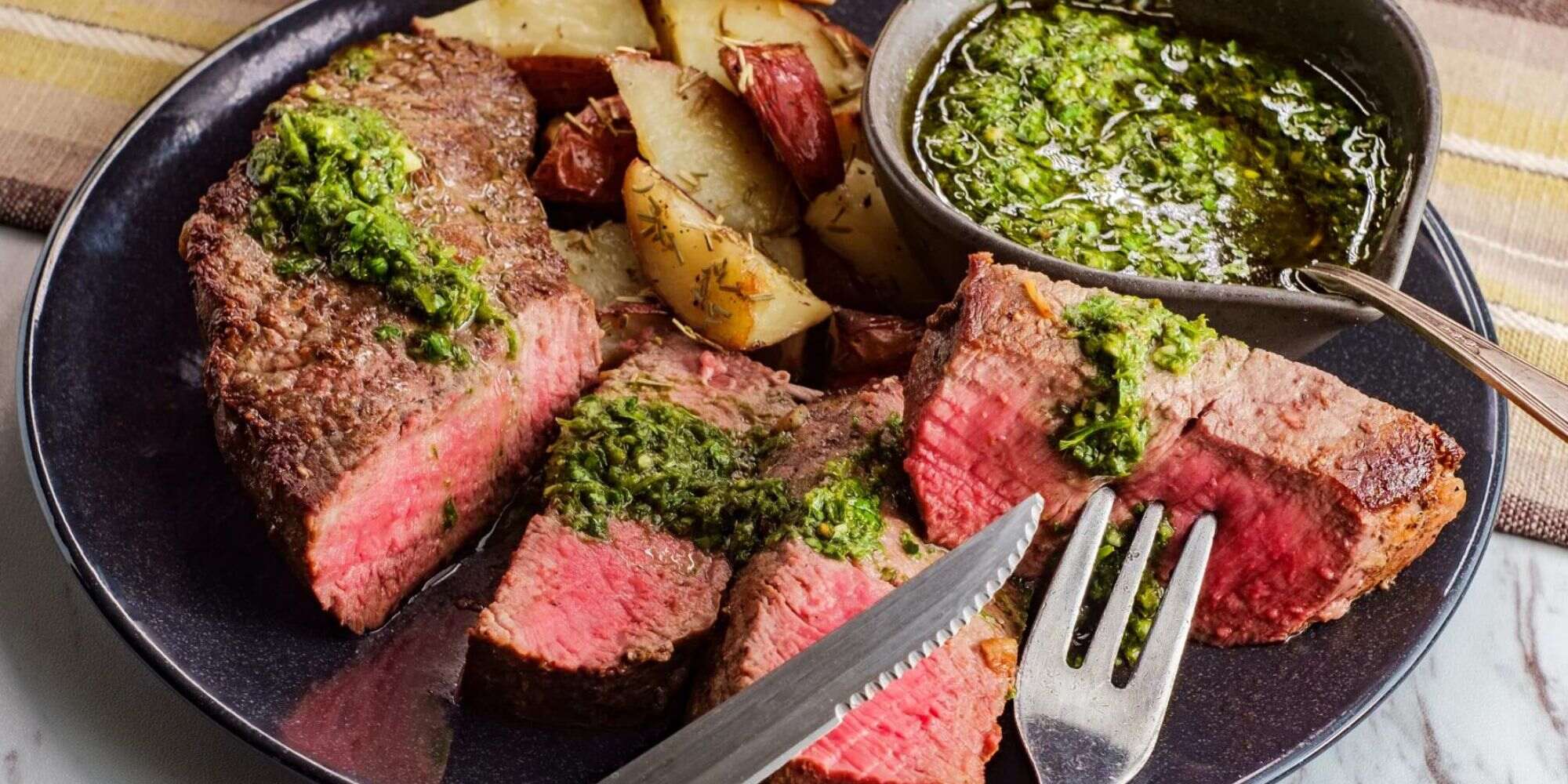Seasoning Granite Stone Cookware: A Complete Guide
Granite stone cookware has become increasingly popular in kitchens around the world due to its durability and non-stick properties. However, to ensure that your granite stone cookware performs at its best, it’s essential to properly season it. Seasoning your cookware not only enhances its non-stick capabilities but also prolongs its lifespan. In this guide, we’ll walk you through the steps to effectively season your granite stone cookware.
What You’ll Need
Before you begin the seasoning process, gather the following items:
- Granite Stone Cookware: Ensure it’s clean and dry before starting.
- Vegetable Oil or Flaxseed Oil: These oils work well for seasoning due to their high smoke points.
- Paper Towels: For spreading the oil evenly.
- Oven: Make sure your oven is clean and free of any food residue.
Steps to Season Granite Stone Cookware
Follow these steps to effectively season your granite stone cookware:
- Preheat the Oven: Start by preheating your oven to 300°F (150°C). This moderate heat will allow the oil to bond with the surface of the cookware without burning.
- Apply Oil: Using a paper towel, apply a thin layer of vegetable or flaxseed oil to the entire surface of the cookware, including the walls and handles.
- Remove Excess Oil: After applying the oil, use a clean paper towel to remove any excess oil from the cookware. The goal is to create a thin, even layer of oil on the surface.
- Place in the Oven: Once the oven is preheated, place the oiled cookware in the oven, ensuring it is upside down to prevent pooling of oil. Let it bake for 1-2 hours.
- Cool and Repeat: After the initial baking, allow the cookware to cool in the oven. Once cooled, repeat the oil application and baking process 2-3 times to build up a strong seasoning layer.
Maintaining Seasoned Granite Stone Cookware
Once your granite stone cookware is seasoned, it’s important to maintain its non-stick properties. Here are some tips for caring for your seasoned cookware:
- Hand Wash Only: Avoid using abrasive cleaners or dishwashers, as they can strip away the seasoning.
- Re-Season Periodically: Over time, the seasoning on your cookware may wear off. If you notice food sticking to the surface, it’s time to re-season the cookware.
- Avoid High Heat: While granite stone cookware is heat-resistant, excessive heat can degrade the seasoning. Use moderate heat settings to prolong the seasoning.
- Use Wooden or Silicone Utensils: To prevent scratching the seasoned surface, opt for utensils that won’t damage the coating.
Conclusion
Seasoning your granite stone cookware is a simple yet essential process that can significantly enhance its performance and longevity. By following the steps outlined in this guide and maintaining your seasoned cookware properly, you can enjoy the benefits of non-stick cooking for years to come.
Explore Delicious Recipes with Your Seasoned Granite Stone Cookware
Once you've seasoned your granite stone cookware, it's time to put it to the test with a plethora of delightful recipes that showcase its non-stick capabilities. For starters, the Perfectly Seared Steak Recipe provides an excellent way to experience the even heat distribution of your newly seasoned pan. The Fluffy Scrambled Eggs Recipe is another must-try, as it highlights the cookware's ability to cook gentle dishes beautifully without sticking. If you're looking for something a bit more adventurous, the Crispy Skin Salmon Recipe or the Sizzling Quesadilla Recipe will demonstrate the cookware’s ability to achieve that perfect crispy texture. Each recipe offers a unique way to explore the versatility of your granite stone cookware, ensuring every meal is not only easy to make but also exceptionally delicious.
Was this page helpful?
Read Next: How To Season Nuts At Home
